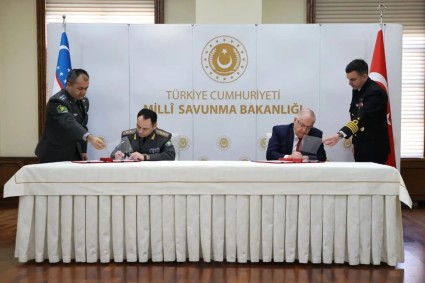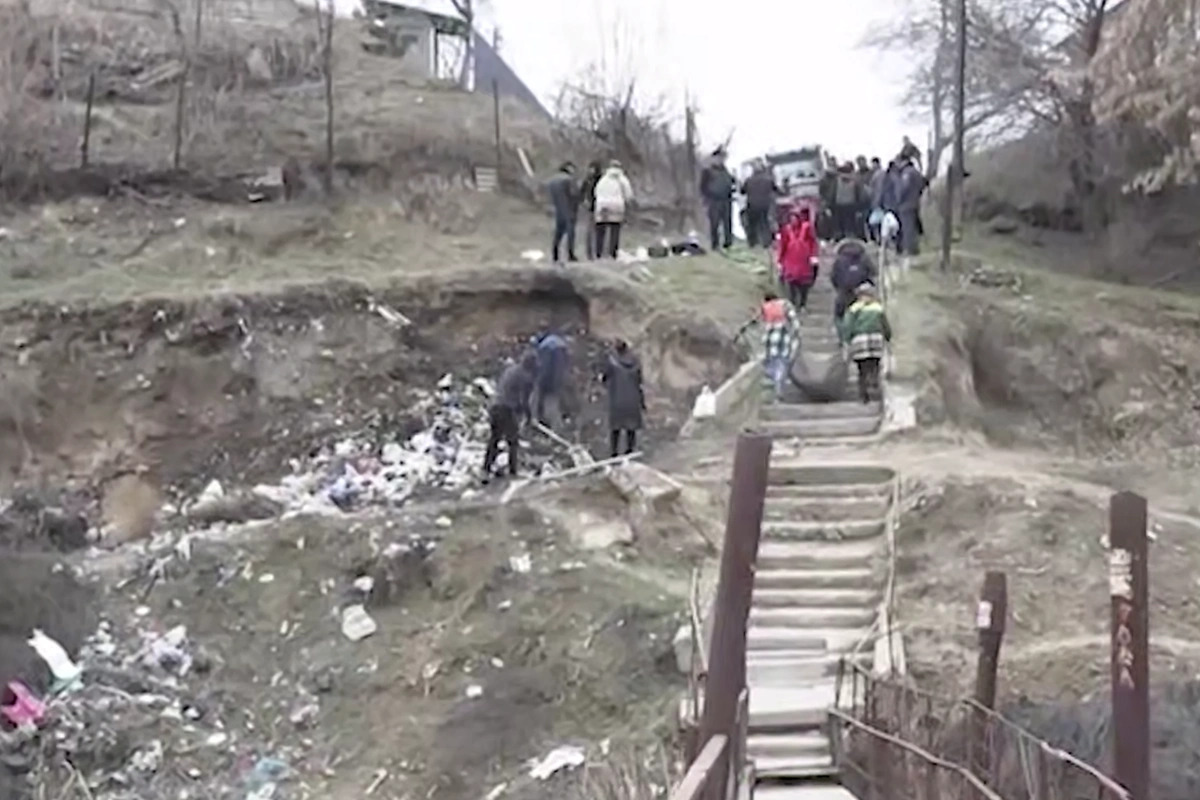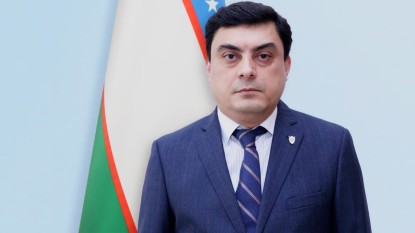The draft Public Safety Bill has been posted for public input. The Bill has proposed main areas and principles of the national policies in the field of public safety.
The need to pass the bill is based on the following factors:
1. The absence of a single system of public safety and the insufficient cooperation of government bodies and organizations in this field require to clearly define the entities that directly implement and participate in public safety and their powers in this field;
2. Due to the lack of definitions for concepts such as "public safety", "threats to public safety", "attacks on public safety", "vital interests of society", "subjects of public safety", various misunderstandings and interpretations arise in their practical application, and therefore was a need to clarify the concepts, to improve legal mechanisms for their implementation;
3. Due to the fact that the type, legal form, and the level of people's visits to them are different, as well as the participation of several government bodies and organizations in ensuring public safety in these places, there is a need to coordinate their activities and determine the leadership role;
4. Although citizens' self-government bodies, civil society institutions, and legal and natural persons are actively participating in ensuring public safety, their legal status, rights and obligations have not been defined, so these issues should be strengthened at the level of a legislative document.
In the draft, they are systematized as a single law in order to legally regulate relations arising in the field of public safety.
The draft consists of 6 chapters and 43 articles, which include:
- the list of entities that directly ensure public safety, their powers in this field, and cooperation mechanisms in the course of their joint activities have been outlined;
- the participation of citizens' self-government bodies, non-governmental non-profit organizations and mass media in ensuring public safety;
- proposed restrictions on the participation of individuals and legal entities in ensuring public security, their rights and obligations, and the involvement of citizens in ensuring public security;
- the list of crowded venues that must be taken under increased protection by a special commission, and the requirements for ensuring public safety in such objects and the procedure for serving in them will be approved by the president;
- issues of leadership, coordination and control of the forces and means involved in ensuring public safety are clarified;
- issues of social protection of citizens and non-governmental non-profit organizations participating in public security are being determined.













